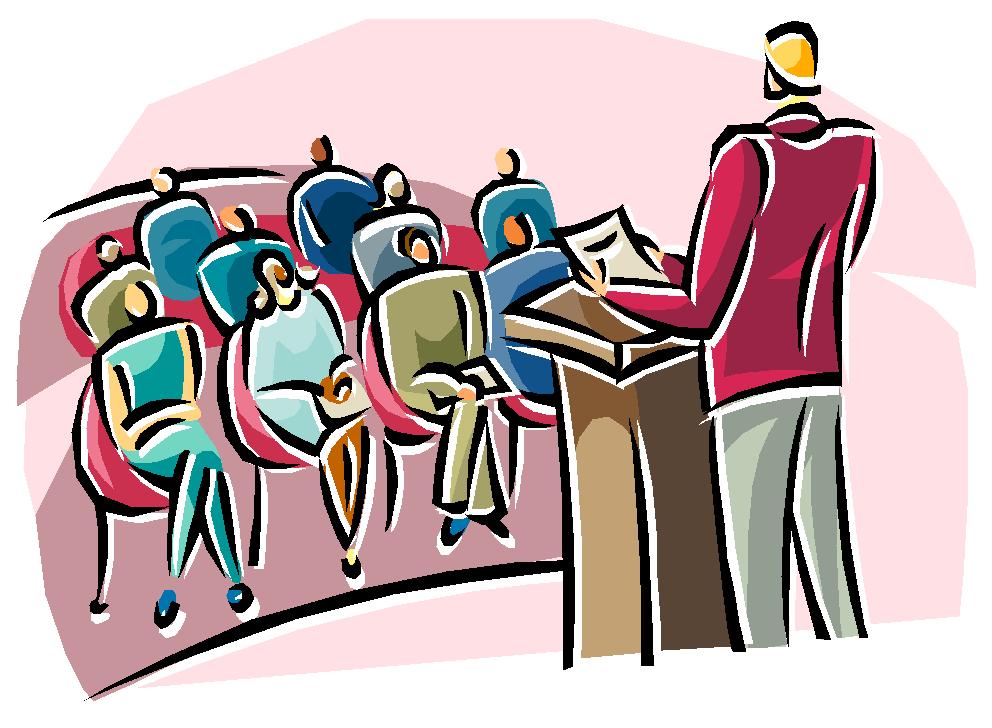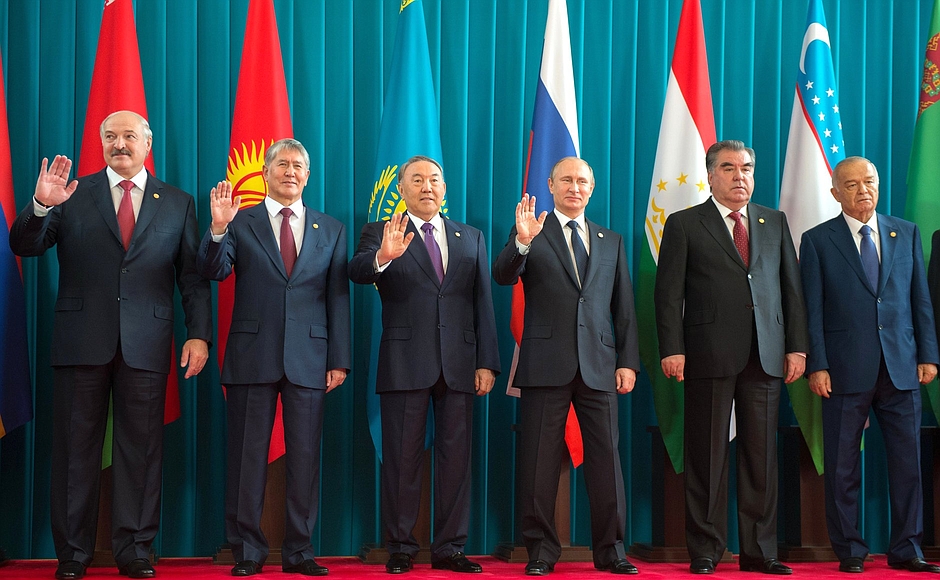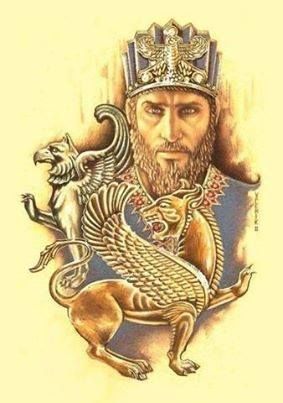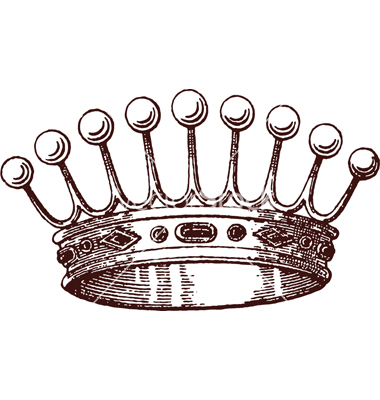Stamp: VIIth Universal Postal Union Congress (Spain 1920)
VIIth Universal Postal Union Congress (Spain 1920)
16 October (Spain ) within release U.P.U. (Universal Postal Union), 7th Congress, Madrid goes into circulation Stamp VIIth Universal Postal Union Congress face value 4 Spanish peseta
| Stamp VIIth Universal Postal Union Congress in catalogues | |
|---|---|
| Edifil: | Edi: ES 308N |
| Unificato: | Un: ES 270cc |
Stamp is vertical format.
Control Number on back "A 000.000"Also in the issue U.P.U. (Universal Postal Union), 7th Congress, Madrid:
- Stamp - VIIth Universal Postal Union Congress face value 1;
- Stamp - VIIth Universal Postal Union Congress face value 2;
- Stamp - VIIth Universal Postal Union Congress face value 5;
- Stamp - VIIth Universal Postal Union Congress face value 10;
- Stamp - VIIth Universal Postal Union Congress face value 15;
- Stamp - VIIth Universal Postal Union Congress face value 20;
- Stamp - VIIth Universal Postal Union Congress face value 25;
- Stamp - VIIth Universal Postal Union Congress face value 30;
- Stamp - VIIth Universal Postal Union Congress face value 40;
- Stamp - VIIth Universal Postal Union Congress face value 50;
- Stamp - VIIth Universal Postal Union Congress face value 1;
- Stamp - VIIth Universal Postal Union Congress face value 4;
- Stamp - VIIth Universal Postal Union Congress face value 1;
- Stamp - VIIth Universal Postal Union Congress face value 1;
- Stamp - VIIth Universal Postal Union Congress face value 1;
- Stamp - VIIth Universal Postal Union Congress face value 2;
- Stamp - VIIth Universal Postal Union Congress face value 2;
- Stamp - VIIth Universal Postal Union Congress face value 5;
- Stamp - VIIth Universal Postal Union Congress face value 5;
- Stamp - VIIth Universal Postal Union Congress face value 10;
- Stamp - VIIth Universal Postal Union Congress face value 10;
- Stamp - VIIth Universal Postal Union Congress face value 15;
- Stamp - VIIth Universal Postal Union Congress face value 15;
- Stamp - VIIth Universal Postal Union Congress face value 20;
- Stamp - VIIth Universal Postal Union Congress face value 20;
- Stamp - VIIth Universal Postal Union Congress face value 25;
- Stamp - VIIth Universal Postal Union Congress face value 25;
- Stamp - VIIth Universal Postal Union Congress face value 30;
- Stamp - VIIth Universal Postal Union Congress face value 30;
- Stamp - VIIth Universal Postal Union Congress face value 40;
- Stamp - VIIth Universal Postal Union Congress face value 40;
- Stamp - VIIth Universal Postal Union Congress face value 50;
- Stamp - VIIth Universal Postal Union Congress face value 50;
- Stamp - VIIth Universal Postal Union Congress face value 1;
- Stamp - VIIth Universal Postal Union Congress face value 1;
- Stamp - VIIth Universal Postal Union Congress face value 4;
- Stamp - VIIth Universal Postal Union Congress face value 4;
- Stamp - VIIth Universal Postal Union Congress face value 10;
- Stamp - VIIth Universal Postal Union Congress face value 10;
Stamp VIIth Universal Postal Union Congress it reflects the thematic directions:
A building or edifice is a structure with a roof and walls standing more or less permanently in one place, such as a house or factory. Buildings come in a variety of sizes, shapes and functions, and have been adapted throughout history for a wide number of factors, from building materials available, to weather conditions, to land prices, ground conditions, specific uses and aesthetic reasons. Buildings serve several needs of society – primarily as shelter from weather, security, living space, privacy, to store belongings, and to comfortably live and work. A building as a shelter represents a physical division of the human habitat (a place of comfort and safety) and the outside (a place that at times may be harsh and harmful).
A conference is a meeting, often lasting a few days, which is organized on a particular subject, or to bring together people who have a common interest. Conferences can be used as a form of group decision-making, although discussion, not always decisions, is the primary purpose of conferences. The term derives from the word confer.
Famous People refers to the fame and public attention accorded by the mass media to individuals or groups or, occasionally, animals, but is usually applied to the persons or groups of people (celebrity couples, families, etc.) themselves who receive such a status of fame and attention. Celebrity status is often associated with wealth (commonly referred to as fame and fortune), while fame often provides opportunities to make money.
A head of state (or chief of state) is the public persona that officially represents the national unity and legitimacy of a sovereign state. In some countries, the head of state is a ceremonial figurehead with limited or no executive power, while in others, the head of state is also the head of government. In countries with parliamentary governments, the head of state is typically a ceremonial figurehead that does not actually guide day-to-day government activities and may not be empowered to exercise any kind of secular political authority (e.g., Queen Elizabeth II as Head of the Commonwealth). In countries where the head of state is also the head of government, the president serves as both a public figurehead and the actual highest ranking political leader who oversees the executive branch (e.g., the President of the United States).
King is the title given to a male monarch in a variety of contexts. The female equivalent is queen regnant (while the title of queen on its own usually refers to the consort of a king). In the context of prehistory, antiquity and contemporary indigenous peoples, the title may refer to tribal kingship. Germanic kingship is cognate with Indo-European traditions of tribal rulership (c.f. Indic rājan, Gothic reiks, and Old Irish rí, etc.) In the context of classical antiquity, king may translate Latin rex or either Greek archon or basileus. In classical European feudalism, the title of king as the ruler of a kingdom is understood as the highest rank in the feudal order, potentially subject, at least nominally, only to an emperor (harking back to the client kings of the Roman Empire). In a modern context, the title may refer to the ruler of one of a number of modern monarchies (either absolute or constitutional). The title of king is used alongside other titles for monarchs, in the West prince, emperor, archduke, duke or grand duke, in the Middle East sultan or emir; etc. Kings, like other royalty, tend to wear purple because purple was an expensive color to wear in the past.
A post office is a public facility and a retailer that provides mail services, such as accepting letters and parcels, providing post office boxes, and selling postage stamps, packaging, and stationery. Post offices may offer additional services, which vary by country. These include providing and accepting government forms (such as passport applications), and processing government services and fees (such as road tax, postal savings, or bank fees). The chief administrator of a post office is called a postmaster.
A Royalty is the immediate family of a king or queen regnant, and sometimes his or her extended family. The term imperial family appropriately describes the family of an emperor or empress, and the term papal family describes the family of a pope, while the terms baronial family, comital family, ducal family, grand ducal family, or princely family are more appropriate to describe the relatives of a reigning baron, count, duke, grand duke, or prince. However, in common parlance members of any family which reigns by hereditary right are often referred to as royalty or "royals." It is also customary in some circles to refer to the extended relations of a deposed monarch and his or her descendants as a royal family. A dynasty is sometimes referred to as "the House of ...". As of July 2013, there are 26 active sovereign monarchies in the world who rule or reign over 43 countries in all







